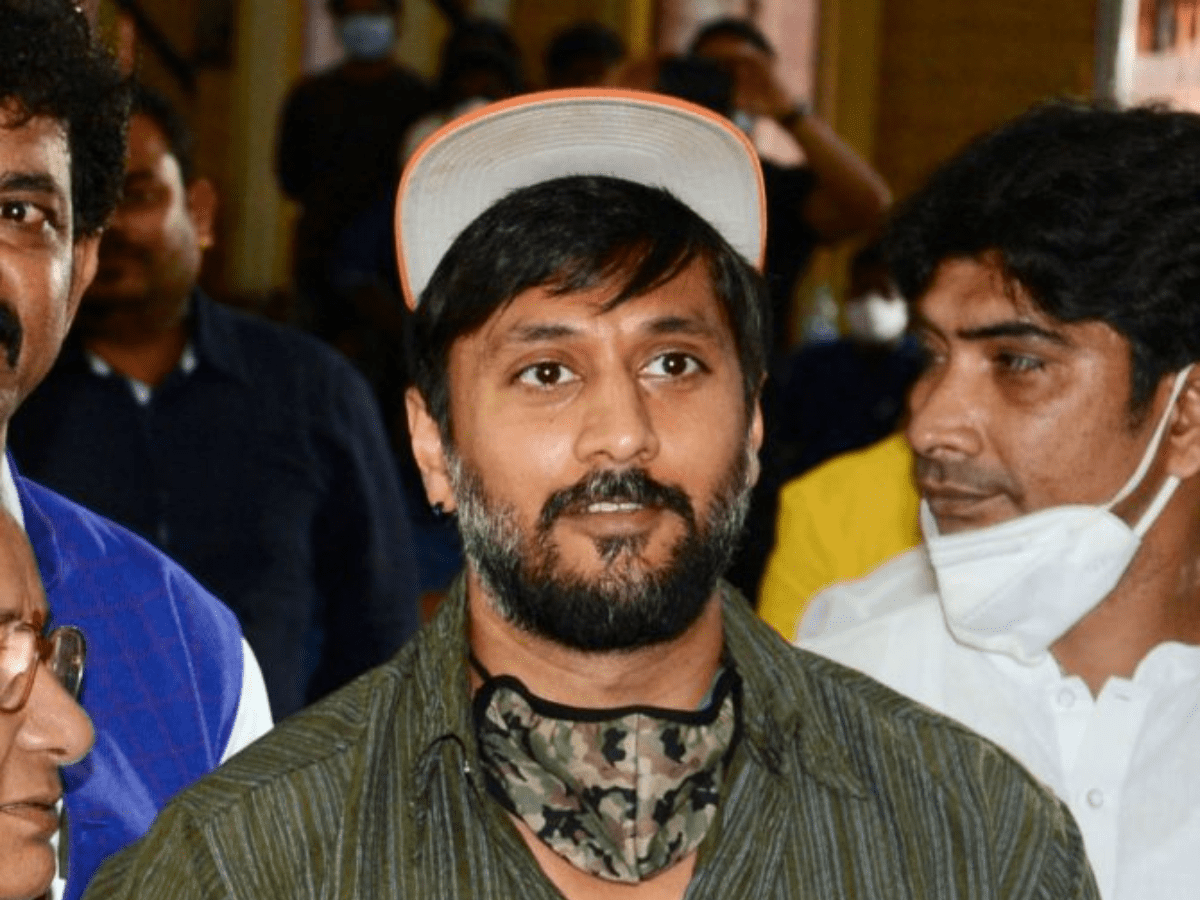
Kannada actor and Dalit activist Chetan Kumar’s (popularly known as Chetan Ahimsa) Overseas Citizen of India (OCI) card has been cancelled by the Union Government. The actor received a letter on Saturday from the Foreigners Regional Registration Office (FRRO) directing him to return his card within 15 days of receiving the letter.
The actor is a US citizen and is based out of Chicago. He received his OCI card in 2018 before becoming a Person Of Indian Origin (PIO).
The actor was recently arrested on March 21 by the Bengaluru police for tweeting “Hindutva is built on lies”.
In June last year, the actor received a show-cause notice from FRRO asking him why they should not cancel his OCI card. This was in regard to his tweets against Hindutva and Brahminism ideologies.
In reply, the actor said he lived in India for many years and worked as a professional actor in the Kannada movie industry. He is also married to an Indian citizen.
However, his OCI was still cancelled as the Ministry of Home Affairs stated the actor’s reply was ‘unsatisfactory’.
According to The News Minute (TNM) report, Chetan said he was being silenced for speaking the truth regarding Hindutva. “This seems to be an act of the Union government, with support from state-level lobbies, to silence activists and create an atmosphere of fear in the country,” he told TNM.
What is an OCI card?
According to the Consulate General of India, an OCI card holder can live and work in India indefinitely but is not eligible to vote or hold any government post/office, or undertake any missionary work, mountaineering, and journalism work without prior permission from the Government of India. OCI should not be confused with dual citizenship.
An OCI card holder need not apply for VISA for entering India. However, upon cancellation, the person needs to leave the country. They will be blacklisted by the government and thereby banned his/her/ their entry into India.
OCI is different from NRI (a Non-Residential Indian). An NRI status is granted to Indian citizens who live abroad but still have family in India. On the other hand, OCI cardholders are foreigners or citizens who want to work or study within the Indian territory.
Chetan vs Hindutva
In June 2021, Chetan posted a video blaming Brahminism as the root cause of caste inequality in the country. This did not go well with the Brahmin community as well as members of the Hindu extremist organisation Vishwa Hindu Parishad (VHP) who demanded Chetan’s OCI be cancelled with immediate effect.
In February 2022, Chetan was arrested by the Bengaluru police on charges of ‘insulting’ Justice Krishna Dixit, a Karnataka High Court judge, who at that time was part of a three-judge bench presiding over the Hijab ban issue that rocked the state for many months.
Chetan commented on granting bail to an accused in the rape case and also objected to the remarks made by Justice Dixit. He retweeted the same message this time questioning Dixit whether he had clarity on the hijab case.
He was arrested by the Sheshadripuram police that lodged a suo motu case against him. Chetan’s wife Meghana did a live social media claiming that her husband was kidnapped.
On October 23, 2022, an FIR was lodged against him for calling out the hit movie Kantara’s director/actor Rishab Shetty for questioning the depiction of‘Bhoota Kola’, a tradition depicted in the movie.
Shetty, in an interview, had termed ‘Boota Kala‘ as a part of Hindu culture. “The gods in Kantara are all part of our tradition and it is indeed a part of Hindu culture and rituals. Because I am a Hindu, I have belief and respect for my religion. What we have said is through the element that is present in Hindu dharma,” Shetty stated in an interview.
In response, Chetan tweeted that though he was glad that a Kannada movie is being a major hit nationwide, Shetty was wrong about ‘Boota Kola’ being a part of Hindu culture.
On March 21, Chetan was arrested again by the Sheshadripuram police on charges of hurting Hindu sentiments via his latest tweet that said, “Hindutva is built on lies”. He was sent to 14 days of judicial custody.
